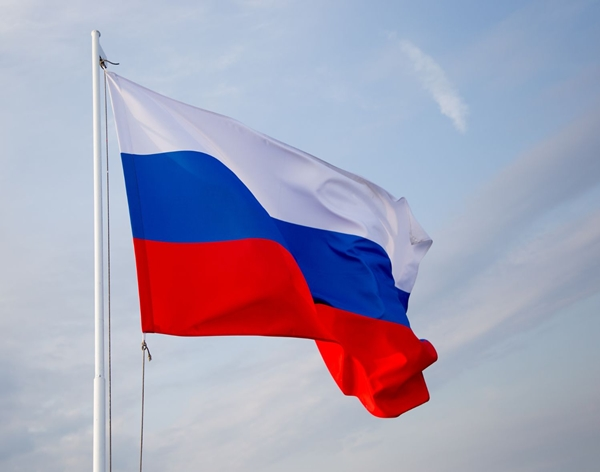Russia is on the brink of its presidential election, set to take place from Friday onwards, with President Vladimir Putin widely expected to secure victory, barring any unexpected developments. The election results are anticipated to be swiftly announced, paving the way for the winner’s inauguration in May. Should Putin emerge victorious, he will embark on another six-year term, further extending his tenure as the longest-serving Kremlin leader since Josef Stalin.
The electoral landscape is not without its controversies, particularly concerning voting in parts of Ukraine currently under Russian control and subject to Russian law. Ukraine has reiterated its determination to expel all Russian soldiers from these annexed regions, according to reports from Reuters.
Adding a new dimension to this election cycle is the implementation of a remote online voting system, marking the first time such technology is utilized in a Russian presidential election.
Amidst these developments, Russian citizens residing in Kerala’s Thiruvananthapuram exercised their voting rights at the Honorary Consulate of the Russian Federation, Russian House, as reported by ANI. The presidential election is scheduled to span from March 15 to 17, allowing Russian citizens to cast their votes across the country’s 11 time zones.
However, the upcoming election has drawn criticism from the European Union (EU) and NATO, who jointly stated that it would not be considered free or fair due to the Kremlin’s suppression of opposition voices. Both entities emphasized concerns over the integrity of the electoral process under the current administration.
Despite the facade of competition, no legitimate opposition candidate has been permitted to appear on the ballot. Putin’s contenders are endorsed by the Kremlin, aligned with his policies, and loyal to his leadership. Notably, anti-war candidate Boris Nadezhdin and Yekaterina Duntsova were disqualified from running.
Vladimir Putin’s presidency has already surpassed the tenures of all Russian leaders since Josef Stalin, with his potential rule extending until 2036, following constitutional changes in 2020. These changes, including an extension of the presidential term to six years and resetting the term count, have sparked concerns about democratic principles and the consolidation of power.
As Russia braces for its presidential election, the spotlight remains on Putin’s enduring grip on power and the implications for the country’s political landscape and international relations.

















Comments